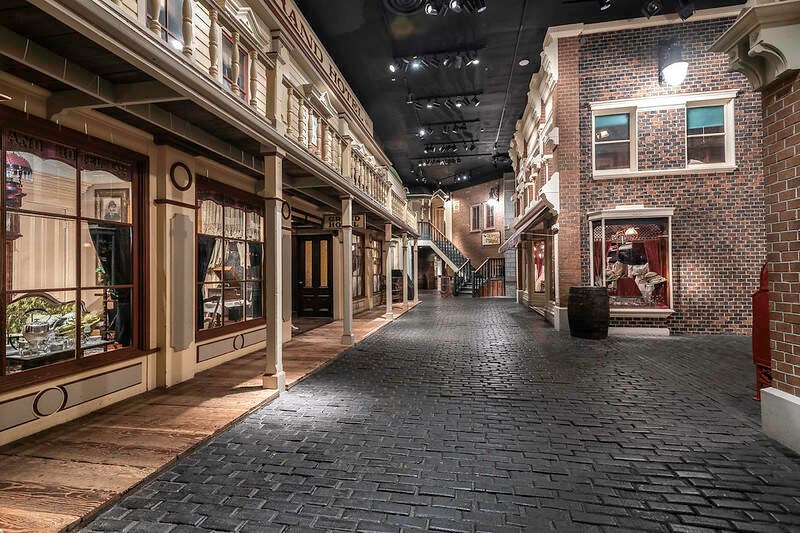A commentary by a Victoria-born travel writer whose recent 48 Hours in Victoria story, including the museum, reached more than 1.5 million CAA Magazine readers.
If the destruction of the Royal B.C. Museum’s third floor proceeds as scheduled on Jan. 2, it will be one of the most baffling mistakes in B.C. tourism history.
Let’s be clear: Modernization and decolonization of the First Peoples galleries — including repatriating ancestral remains and Indigenous treasures province-wide — is important and overdue. Overhauling those galleries, in line with the museum’s June 29 apology for internal racism and discrimination, is understandable and commendable.
However, the RBCM board of directors has no convincing, pragmatic reason to dismantle the Becoming B.C. galleries, including the beloved Old Town. They admittedly do not know what will replace these core galleries, how long it will take or how much it will cost. They have released no plans, only vague, non-binding hints of “community engagement and public consultation.”
Is it truly necessary to “turn the museum inside out,” as Tourism Minister Melanie Mark put it in the abrupt Nov. 3 renovations announcement? Could the best permanent exhibitions not be updated with more post-colonial narratives and become more inclusive of Indigenous, Black, Asian and other communities?
Either way, a taxpayer-funded public institution that receives close to $12 million every year from the provincial government should have a plan in place before ripping out its most popular galleries. But there is no plan. No budget. No time frame.
Those who think the existing human history galleries should be thoughtfully and respectfully modernized and those who believe they should be gutted and replaced with new displays must surely agree that having a plan prior to renovations would make the process infinitely easier and more transparent. It would also save a lot of time and money. This is especially vital during a global pandemic and a fragile economic recovery.
For every year that passes with a derelict third floor, the museum’s exhibition designers will face increasing pressure to deliver something superlative. Planning prior to any renovations would empower them to conceptualize freely and creatively. Commitment to equity-centred design takes time and should play out in advance.
Victoria’s wait for new museum galleries will likely be extremely long. Look at the decades-long municipal debates about building a sewage treatment plant or redeveloping the Central Library. In RBCM’s case, the differing priorities of provincial, Indigenous and other stakeholders will undoubtedly intensify and prolong the arguments about new galleries.
Turning the entire third floor into a dead zone indefinitely is a colossal waste. The RBCM board has not shown how doing so will further reconciliation. Instead, this sweeping gesture undercuts RBCM’s educational and tourism mandates for everyone from local schoolchildren to international visitors.
For a model of responsibly renovating a provincial capital’s harbourside museum, take Halifax’s Pier 21. Home to the Canadian Museum of Immigration, it announced a $30-million renovation in October 2014. The museum reopened on schedule in May 2015. The transparency of the process enabled the public to get excited about the coming changes, and the Canadian Press hailed “a museum double its original size that is colourful, interactive and enlightening.”
In contrast, if the iconic Old Town is destroyed, Victoria loses yet another key Inner Harbour-area tourist attraction, like the Classic Car Museum, Crystal Garden, Pacific Undersea Gardens and Royal London Wax Museum. (Not to mention the Maritime Museum’s search for a permanent home.)
If RBCM’s third-floor shutdown is as much for seismic upgrades and asbestos removal as diversity and inclusion, say so. If it’s a prelude to demolishing the entire downtown museum complex and starting over, say so. But don’t just create a black hole.
I urge the museum in the strongest terms to put its renovations on hold until there is a real plan.
- - -
To comment on this article, email a letter to the editor: [email protected]





